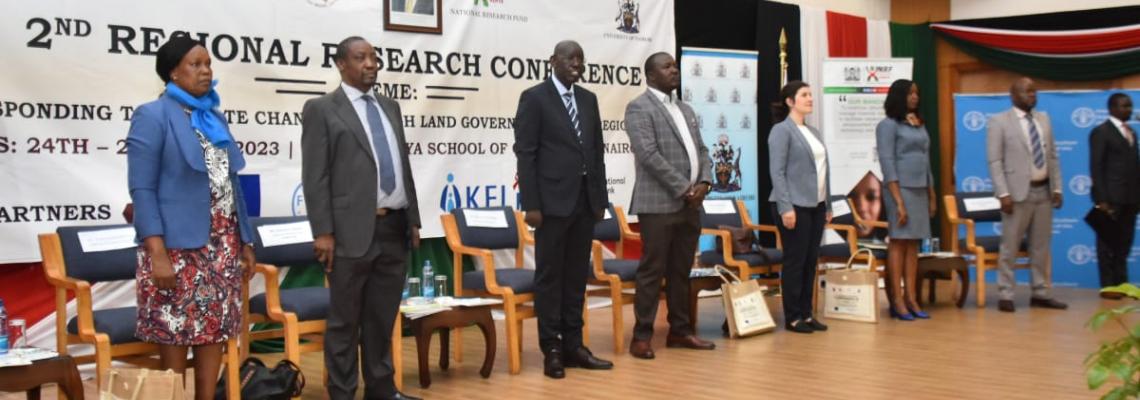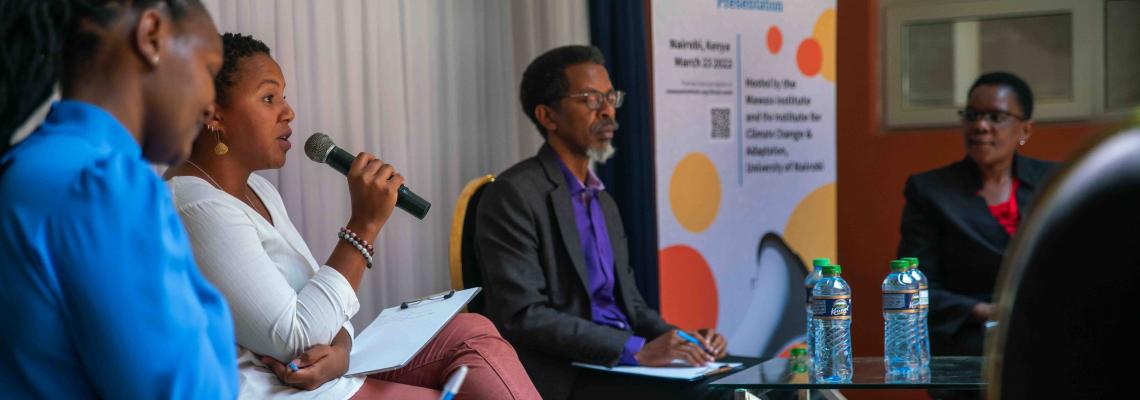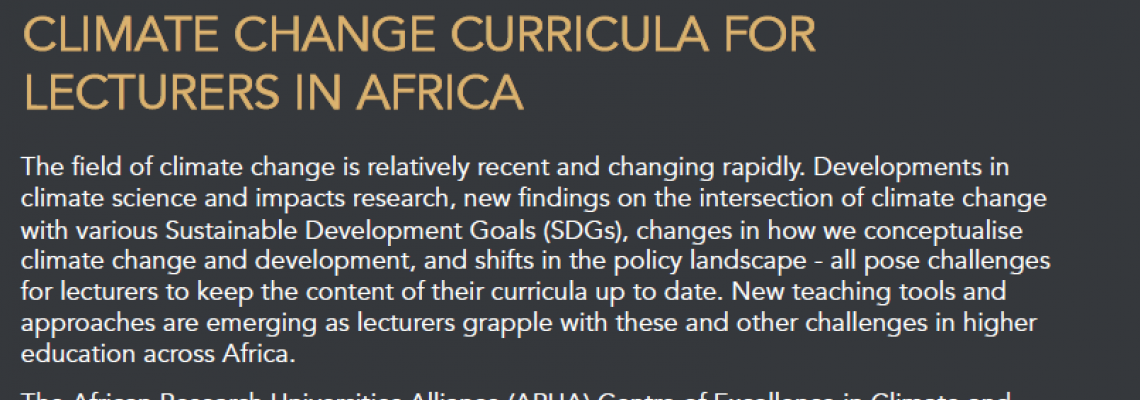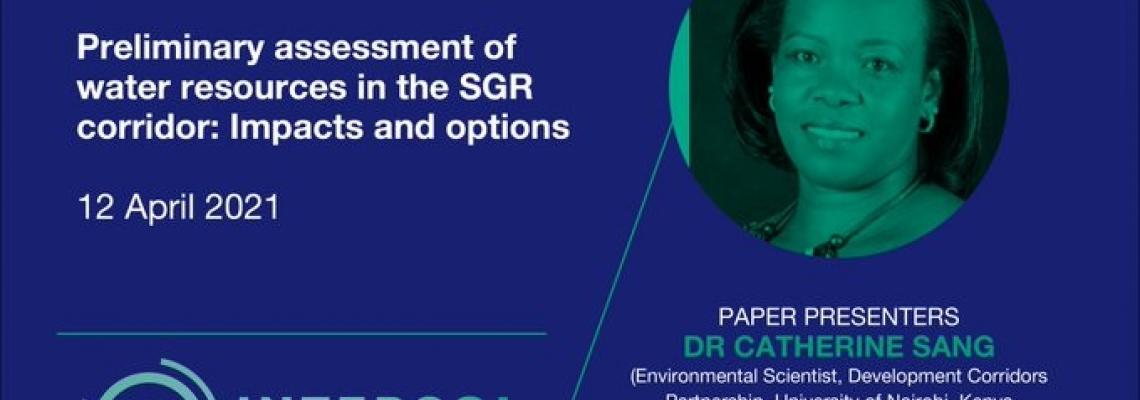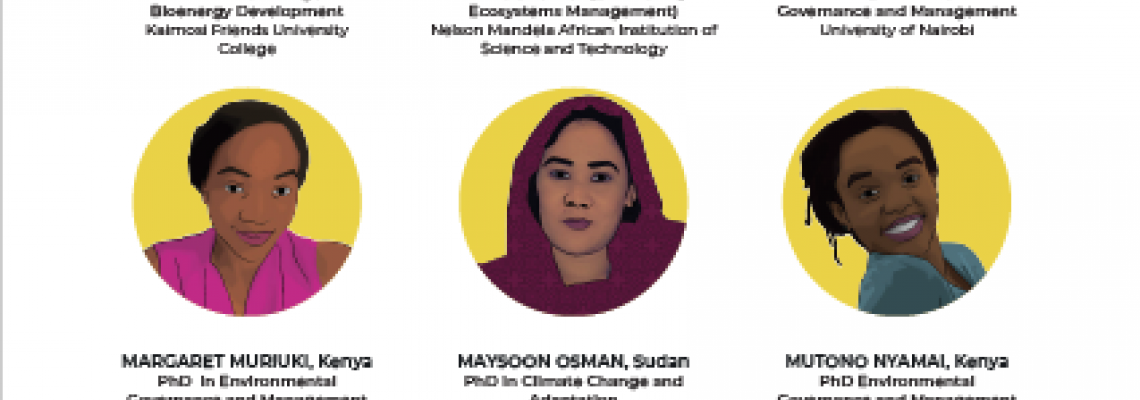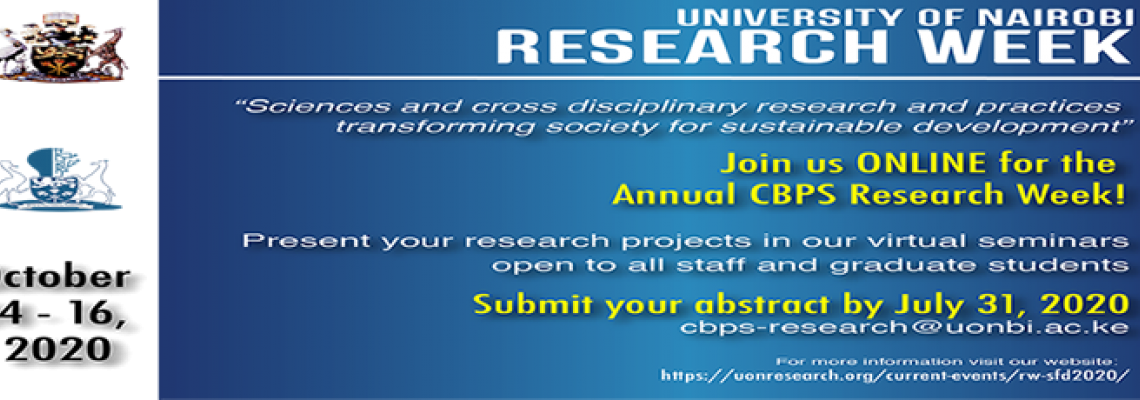BRIEF INSTITUTIONAL PROFILE
The Institute for Climate Change and Adaptation (ICCA) was established in 2011 with the mission of building human capacity necessary to address the unique climate change and adaptation needs of vulnerable communities through teaching, action-oriented research, development of innovative technologies and community participation. The Institute also provides expert advice for national and regional policy formulation and implementation. Through its diversified and dedicated team of experts and researchers drawn from across the University of Nairobi, the capacity to deal with climate change and adaptation issues is being achieved through the offering of formal training on climate change science and adaptation at postgraduate level (Masters and Doctorate); professional short courses for various climate change and adaptation actors and stakeholders in the public and private sectors including NGOs; climate change and adaptation research and knowledge exchange; action-oriented community outreach programmes for implementation of practical climate change and adaptation options; and policy advice on climate change and adaptation.
Core Values
- Safeguarding the environment for posterity.
- Freedom of thought and expression in academic inquiry.
- Visionary, innovative and creative work and leadership.
- Good corporate governance exemplified by efficiency, effectiveness, inclusiveness, transparency and accountability.
- Effective teamwork, mentorship and collaboration
- Upholding professionalism, ethical standards and meritocracy.
- Providing unique and quality customer service.
- Nurturing responsible corporate citizenship, strong social and environmental responsibility.
- Embracing Information and Communication Technology in all our activities
Current Status
Currently, the Institute hosts a student population of 271 postgraduate (MCCA & PhD) students. The thematic areas that are in focus are: climate risk management and food security; human dimensions and health; policy and communications; sustainable technologies, and; water, environment and eco-systems. These areas were selected as they offer the opportunity to address key points of vulnerability as well as develop innovative systems or products to build resilience to climate change for people in developing countries, and Africa in particular. Thus, the Institute seeks to promote climate resilient economic development and sustainable livelihoods in the face of a changing and variable climate while offering support related policy development as well as fostering novel ideas and the development of innovative adaptation technologies which when combined will serve to greatly reduce both exposure to climate-related risks and poverty levels.

